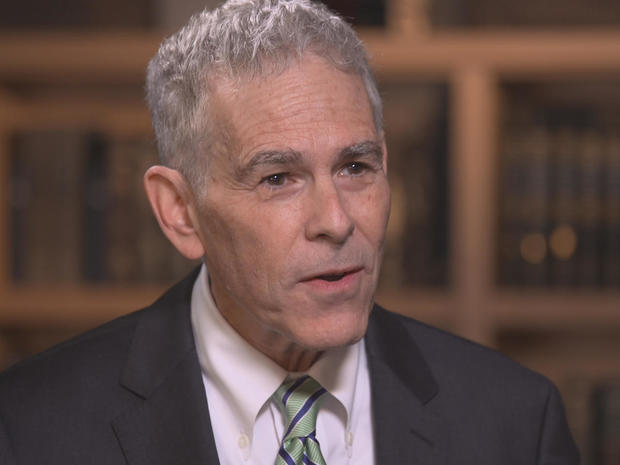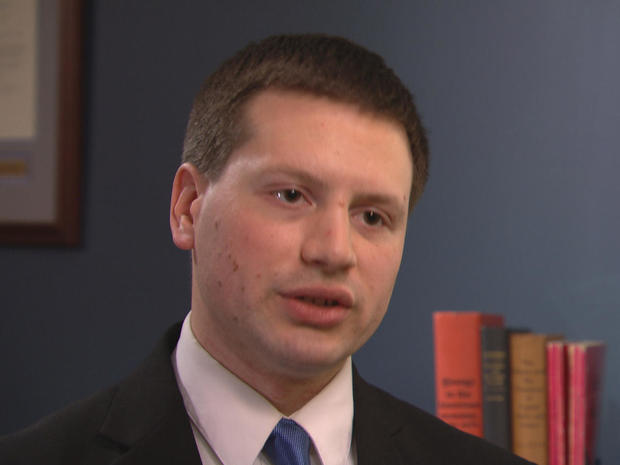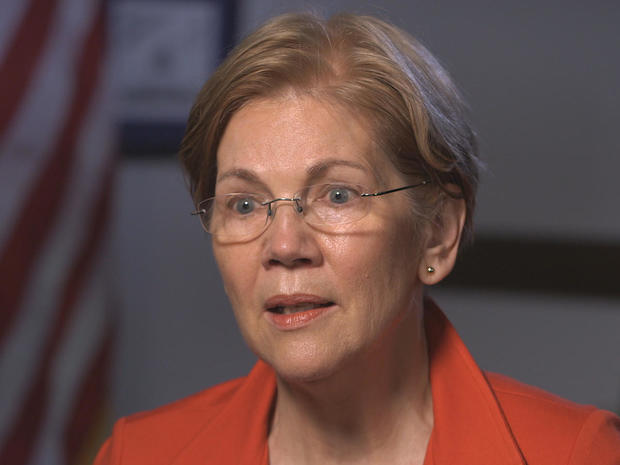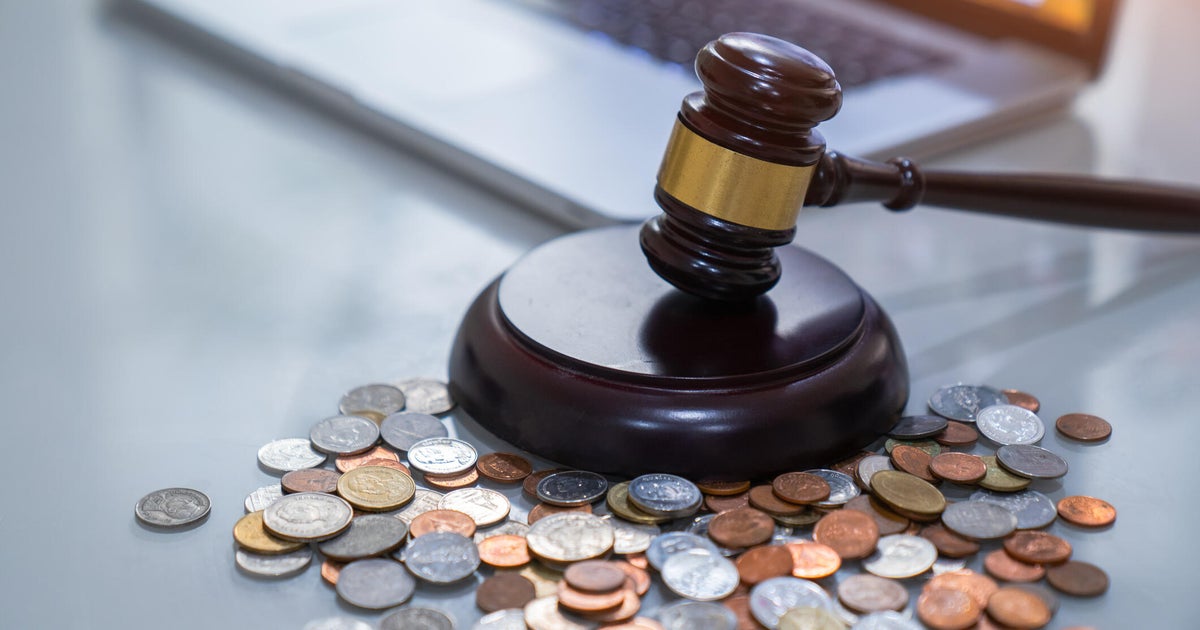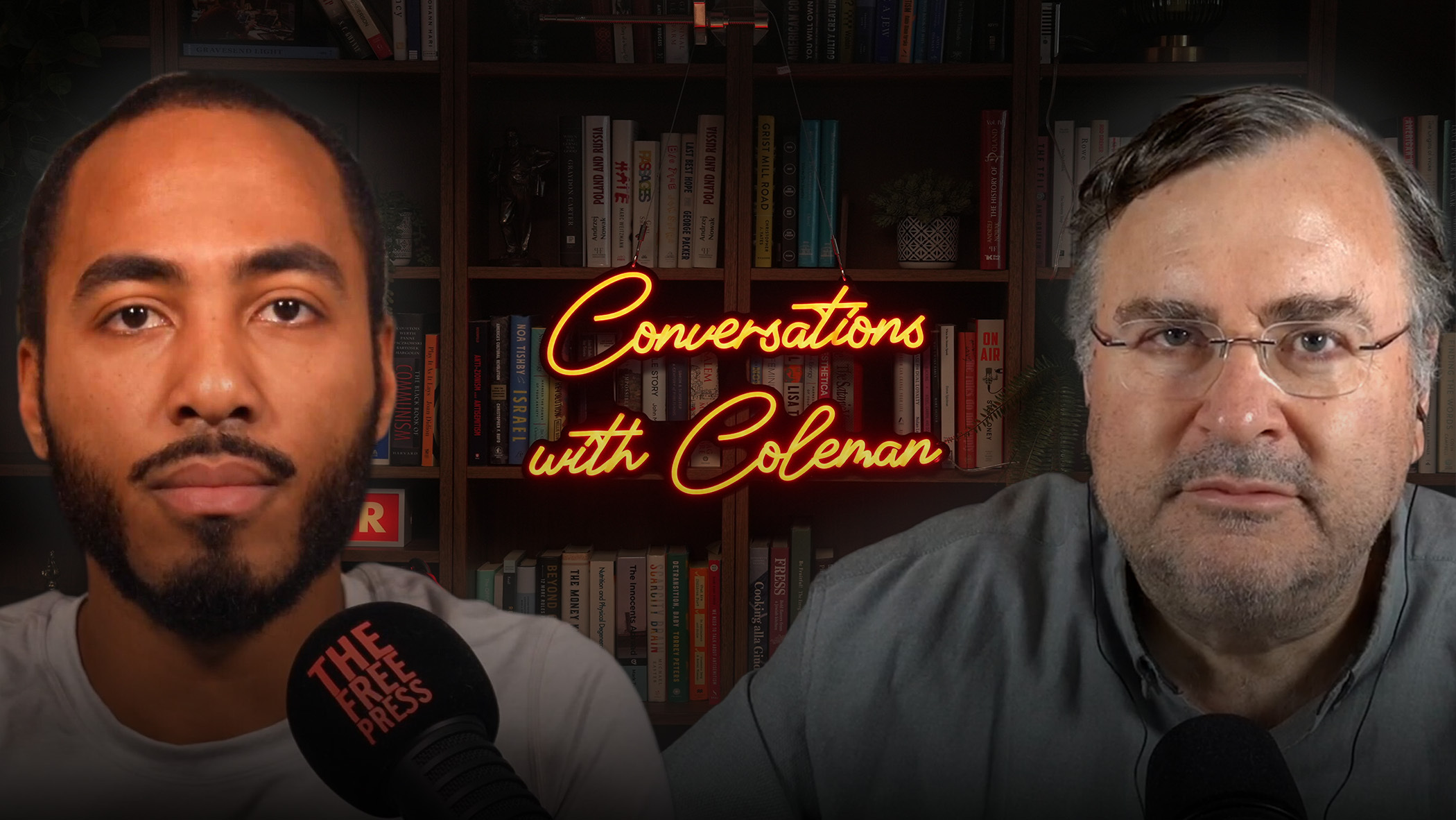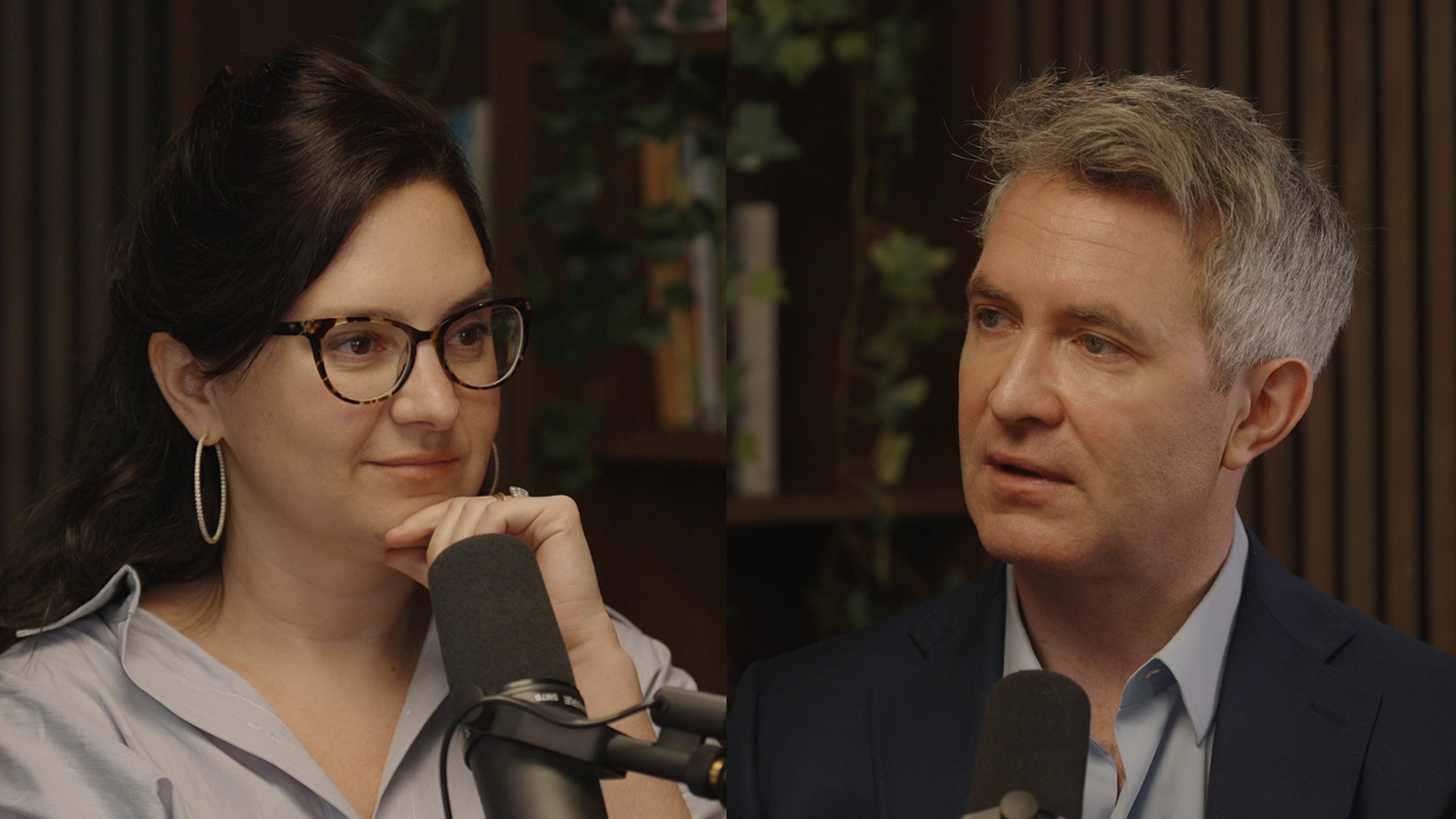Taxes: Is there a better way?
Is there A BETTER WAY to file our tax returns than wrestling with all those confusing forms we have to deal with now? Well, there just might be. Our Cover Story is reported by Chip Reid:
Stanford Law professor Joseph Bankman wants to make doing your taxes a lot easier. This year Americans will spend on average $100 and eight hours to make sense of our 1099s and W2s for our 1040s.
It's a task, he says, that is made nearly impossible. "Think of your credit card bill. What if Visa sent you a blank piece of paper each month and said, 'Figure out all your purchases, keep track of them, and write them, so you had to save the receipts'?
"They don't do that. The government shouldn't."
And if just thinking about the process makes your head hurt, well, that's why Bankman wants a tax return that many Americans would only have to read, review, and sign.
Under his proposal, "The government takes all the information it's already collected from your bank, your employer, your mortgage lender, and it takes those numbers and it puts that on the right line of a tax return that you could download or get in hard copy," Bankman said, saving the average taxpayer "time and money and anxiety."
Known as a pre-filled tax return, it's a system already used in many other countries, including Sweden and Australia. And it's an idea here with a history of bipartisan support.
In 1985 President Ronald Reagan said, "We envision a system where more than half of us would not even have to fill out a return."
Sounds good, right? But consider our complex tax code and an already-overstretched IRS. "There's a significant cost to doing something like this, and the IRS does not currently have the funding to do this," said Jared Walczak of the non-partisan Tax Foundation.
He says getting the details right for every filer is a lot to ask. "It's something that superficially makes a lot of sense," Walczak said. "But unfortunately, it potentially loses taxpayers a lot of the deductions they might be able to take."
"Is this a tax increase in disguise?" asked Reid.
"I don't think that anyone intends it as one. But when you conflate the tax preparer and the tax collector, there are different incentive structures," Walczak said. "You, as a taxpayer, have every incentive to reduce your tax liability. The IRS does not have the same obligation."
Reid asked Bankman, "The major criticism of this is, do you really trust the IRS to tell you how much money you owe?"
"Yeah. Well, if you don't trust the IRS, you really want this!" he replied. "It's telling you, 'Here's what's in our file. And here's what we're gonna use.' If it's wrong, you can then fight the IRS. If it's right, you can accept it.
"The problem of filing your taxes is to figure out what to put in each line. The government already has all of those numbers. If they started off with all of those numbers in the right place, filing taxes would be no big deal."
It's not a pipe dream. Back in 2005 Bankman tested the idea in a California pilot program known as ReadyReturn. Ninety-seven percent of filers said they'd use it again.
But the next year, when Bankman went to the Statehouse hoping to expand the program, he ran into opposition he didn't see coming: "There are 120 legislators. So, I didn't see all of them, but I saw a lot of them. All of them had previously met the lobbyists from industry."
The lobbying efforts were led by Intuit, the company behind the popular tax preparation software TurboTax. Public records show that Intuit spent around $200,000 in 2006 lobbying on this and other issues in California alone. Intuit also donated $1 million to a group backing a ReadyReturn opponent for State Controller.
So, Bankman fought back, hiring a lobbyist of his own, with his own money. "I think the lobbyist was $30,000," he said.
The bill to expand ReadyReturn never passed, though some of the program's features are still available to California today.
So, why isn't a "pre-filled" tax program available to all Americans? Well, for one thing Congress is split on the issue.
And as for the IRS, in 2002 Intuit along with H&R Block and other online tax preparation companies made a deal with the agency. The companies agreed to provide free services to taxpayers who qualify under the deal. About 3.5 million filers use it each year.
And in exchange, the IRS agreed not to develop its own free tax preparation website. In other words, for now the IRS has pledged not to put its own pre-filled returns online.
Massachusetts Senator Elizabeth Warren has twice (unsuccessfully) sponsored bills that would have helped develop a pre-filled return system.
"These are the companies that make big bucks by making tax filing hard," she said of opponents to pre-filled returns. "They have persuaded most of America, and most of the United States Congress, that they are a necessary part of getting taxes paid.
"But for millions and millions of Americans, figuring out your taxes ought to be easy, and the IRS ought to put it online. The companies, if that happened, would lose a lot of money."
And in repeated filings with the Securities and Exchange Commission, Intuit acknowledges that government efforts to offer free tax preparation "could cause us to lose customers and revenue."
Intuit and H&R Block both declined requests by "Sunday Morning" for on-camera interviews, but in statements assert they are advocates for millions of taxpayers taking into account their unique circumstances.
- Statement from H&R Block to "Sunday Morning" (pdf file)
- Statement from Intuit to "Sunday Morning" (pdf file)
Intuit says it supports making the tax-filing process easier through a simpler tax code, but argues a pre-filled system doesn't advance that goal. The company also writes "self-determination powered by an individual's active participation in the tax preparation process is the backbone of the American tax system."
It's a point with which Walczak agrees: "It is a civic virtue to have a sense of the cost of government. Whether you think taxes should be higher or that they should be lower, we should have a sense of what our obligations are, so that we can participate in this process."
But Stanford's Joseph Bankman just sees the frustration of Tax Day, and believes it's a matter of when -- not if -- doing our taxes becomes much easier.
"Our present system is so much worse than it has to be," he said. "I think sooner or later something will change politically, and people will be amazed at how much better their April 15th is."
See also:
- CBSNews.com Complete Coverage: Your taxes
- It's April -- have you filed your tax return yet? (CBS Moneywatch, 04/02/18)
- IRS warns that tax preparer and refund scam is getting worse (CBS Moneywatch, 02/15/18)
For more info:
- Joseph Bankman, Stanford Law School
- Jared Walczak, Tax Foundation
- Senator Elizabeth Warren (D-Mass.)
- Intuit
- TurboTax
- H&R Block
- Internal Revenue Service (irs.gov)
Story produced by Dustin Stephens.
